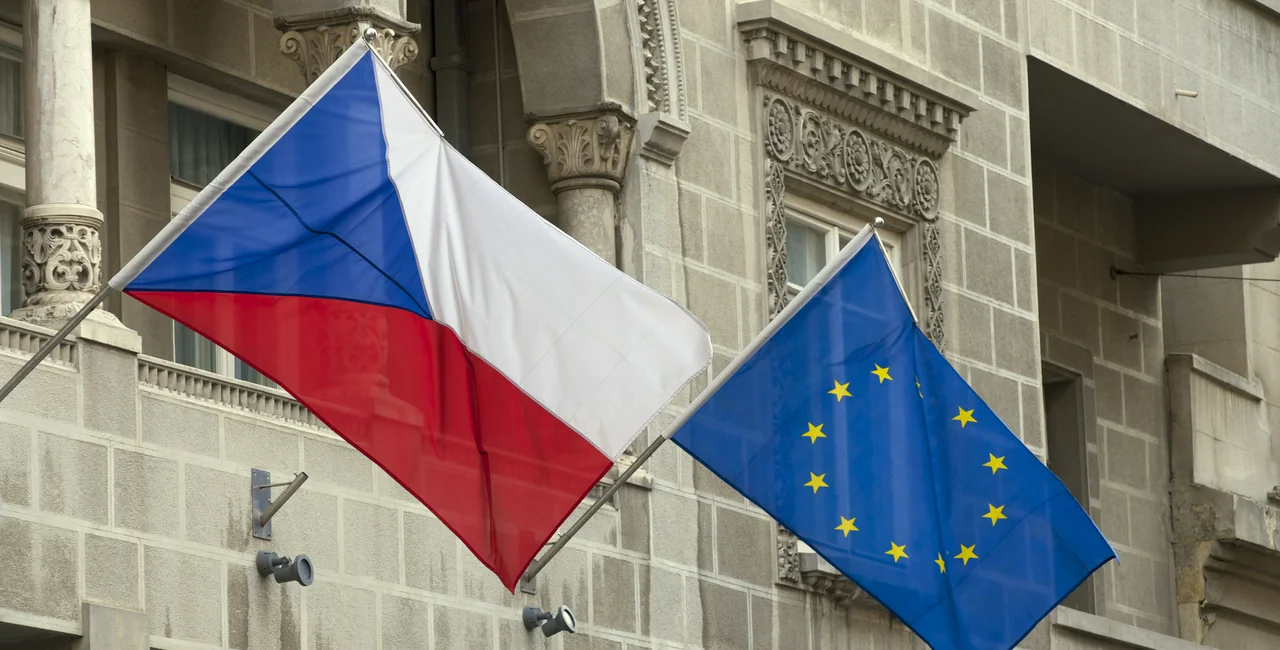When the Czech Republic went to the polls last month, the nation stood at a crossroads. The victory of the pro-EU SPOLU opposition coalition, supported by the Pirates+STAN group, in the general election is now likely to have a significant impact on the Czech Republic’s attitude towards other countries.
Under the leadership of Andrej Babiš, the Czech Republic walked a tightrope in its international relations. Babiš’s government balanced the economic benefits of EU membership with distaste for the bloc's tendency towards closer integration. And with considerable influence over the Czech Republic’s international relations also exerted by President Miloš Zeman, the country seemed to be on a path away from the West towards closer relations with Eastern powers such as Russia and China.
PARTNER ARTICLE
A significant diplomatic rift with Russia nonetheless emerged in the final year of Babiš’s leadership, as intelligence services expressed the belief that Russian undercover operatives were involved in explosions at an arms depot in Vrbětice in 2014. The incident saw dozens of employees of the Russian Embassy in Prague expelled, and with the arrival of the new government prioritizing Western alliances, analysts believe the rift with Russia could be about to grow even wider.
“I think we will see much more of a rupture in Czech-Russian relations based on an increased assertiveness towards Putin’s regime,” Pavel Havlíček, a research fellow at the Czech Association for International Affairs (AMO), told Expats.cz. “Much more will probably be done on Czech domestic resilience, such as anti-corruption and counter hybrid warfare measures, including an anti-disinformation push and additional resources for cyber security.”
Havlíček predicts a more “normative” agenda in Czech international relations following the arrival of the new government, and this includes the country’s relations with the EU. Critics of Babiš have pointed out an increasing “Orbánization” of the Czech Republic in recent years, as his ANO government has adopted increasingly hostile language towards EU policies on migration, climate change and cultural issues such as LGBT+ rights recalling the stance of controversial Hungarian leader Viktor Orbán. Babiš’s alleged conflicts of interest have also put a black mark against the Czech Republic’s name in Brussels.
The incoming government, on the other hand, is largely in favor of closer EU integration, although skepticism persists about some issues such as adopting the euro given that the Civic Democrats, the largest party in the coalition, has a long history of euroscepticism. The coalition has announced its intention to pursue a line of foreign policy advocated by past President Václav Havel, emphasizing strong relations with Western institutions such as the EU and the NATO international military alliance.
Pavel Havlíček, Association for International Affairs"I am convinced there will be much stronger Czech engagement and involvement with the EU and NATO."
“The previous government was notionally pro-Western too, of course, but many problems arose from the very strong pro-Russia and China position of the President, combined with fragmentary attitudes within the government. But among the five incoming parties, there is a strong degree of consensus based on a common foreign policy understanding oriented towards the Czech Republic’s main allies in the EU and NATO,” Havlíček said.
October’s election was fought on a wide range of issues, but there’s no doubt the parties’ differing perspectives on the Czech Republic’s place in the world played an important role in voters’ choices. Members of the incoming administration who have long complained about a shift eastward in Czech foreign policy will soon have their chance to reposition the country on the international stage.












 Reading time: 3 minutes
Reading time: 3 minutes 


























